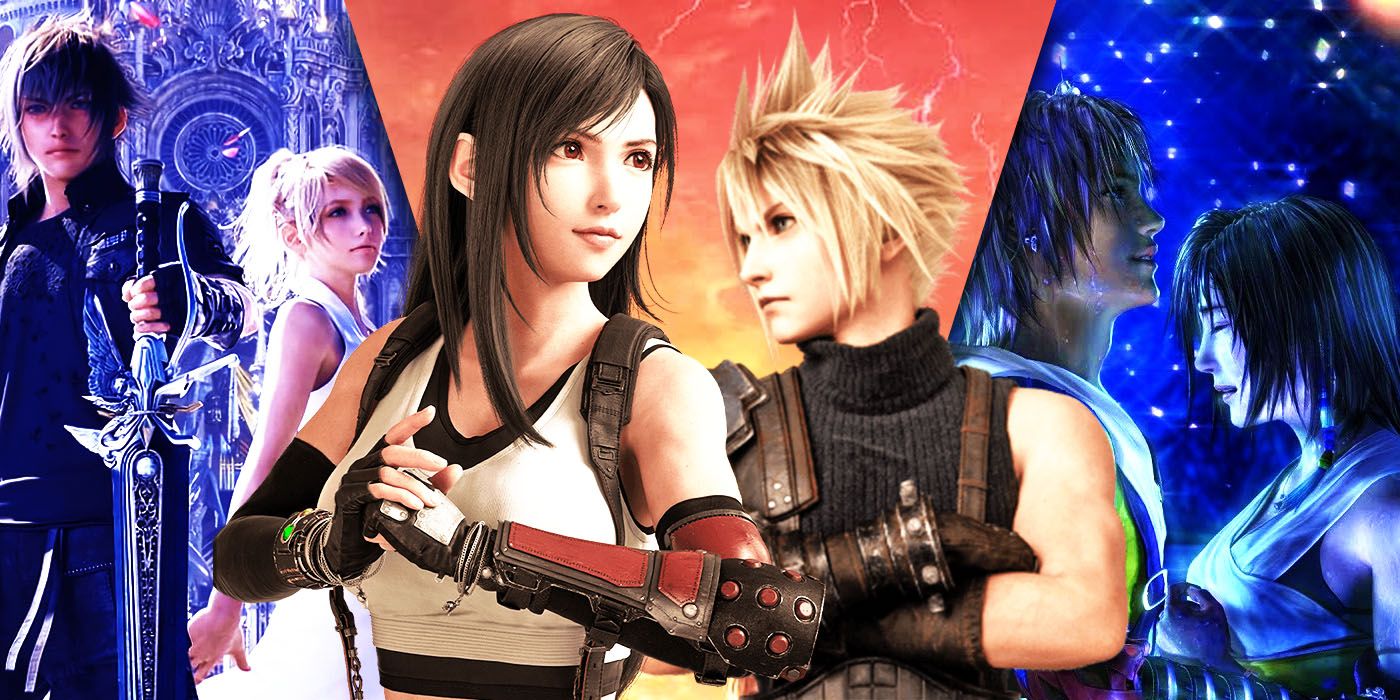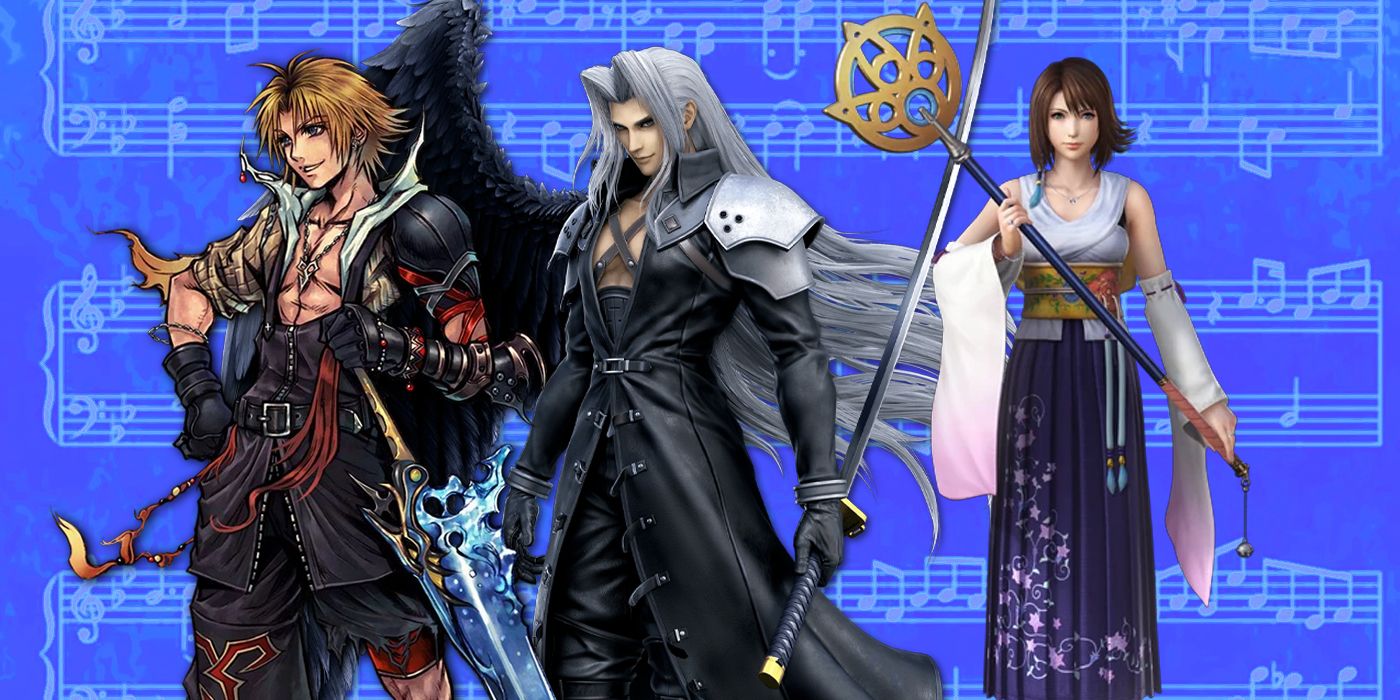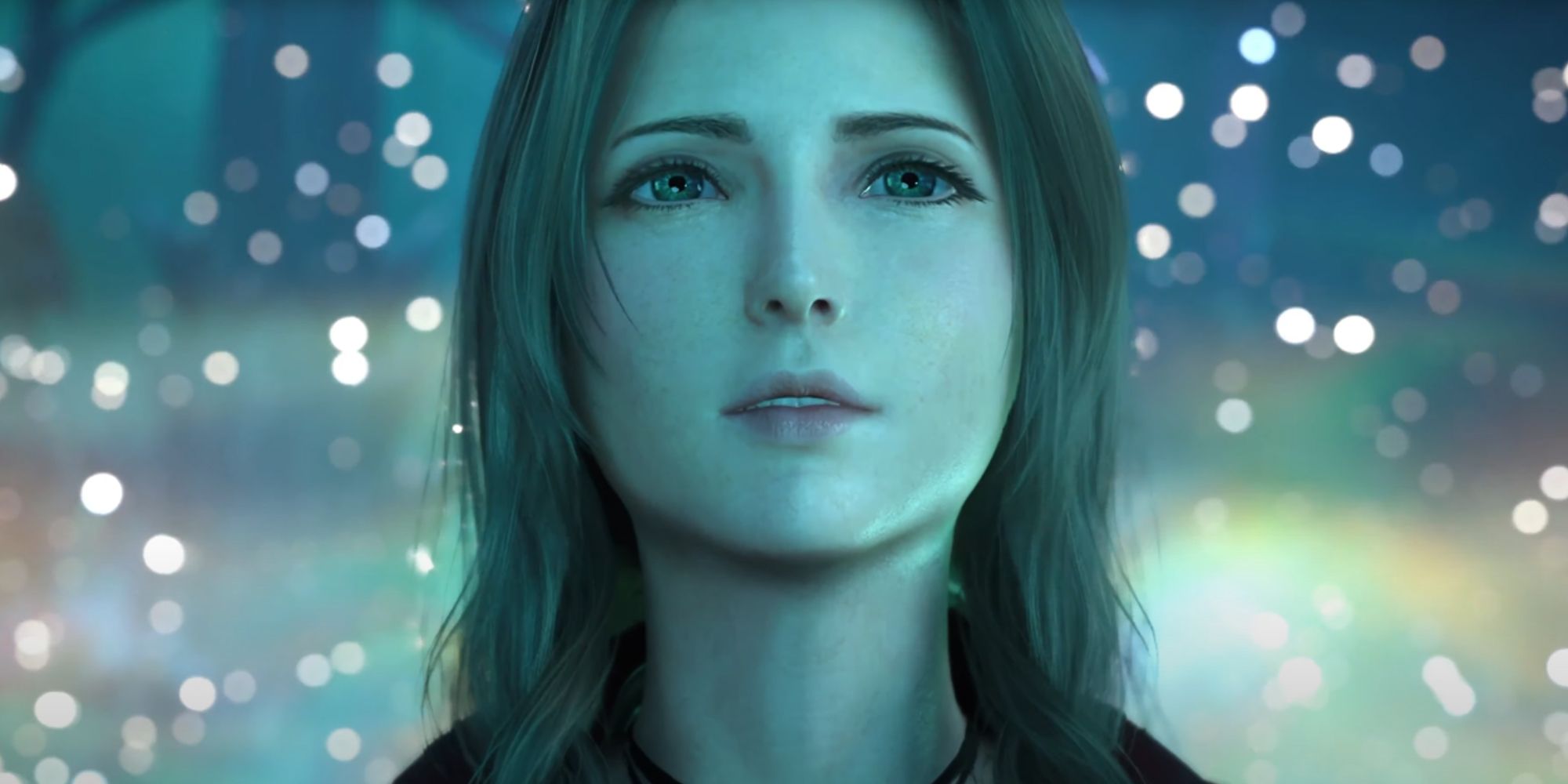Square Enix’s flagship Final Fantasy series has recently been in a slump. Sales for Final Fantasy XVI were below expectations on certain platforms, leaving many concerned about the series’ future. While games like Final Fantasy XIV still have strong communities, new releases tend to underperform.
This can be attributed to two core issues: the once-innovative ideas of the Final Fantasy franchise are starting to stale, and developers seem uncertain about the series’ future. These problems have permeated the entire franchise at this point, and they’re getting worse with each passing game. If Final Fantasy doesn’t fix these issues, the series could decline even further from its golden age.
Modern Final Fantasy Games Feel Too Similar
The Final Fantasy Franchise Isn’t as Innovative as It Used to Be
In the early days of Final Fantasy, the series set itself apart with its unique fusion of technology and fantasy. After the series embraced more modern technology in games like Final Fantasy VII, Square Enix has generally stayed within that wheelhouse.
The combination of magic, fantasy, and modern technology is definitely interesting, but the settings don’t do enough to support that or differentiate themselves from each other. Final Fantasy hasn’t innovated much in its last few titles, and while most games in the series use new worlds, they feel like they’re set apart by lore, not the actual gameplay experience.

Related
15 Best Final Fantasy Relationships, Ranked
The Final Fantasy franchise is full of compelling and emotionally packed relationships, from Tidus and Yuna to Cloud and Tifa.
There are still a wide variety of concepts and ideas present in the world of Final Fantasy, but the visuals aren’t as interesting as they could be. While the franchise’s shift to a more realistic style is technically impressive, the modern visuals don’t feel distinctive. Many characters, locations, and setpieces in modern Final Fantasy games feel interchangeable, and this lack of visual and stylistic distinction reduces the impact games have on players. For long-time fans of the series, games may eventually start to blend together.
On top of this, the homogeneous can reduce the hype for new titles in the series. If a new Final Fantasy game doesn’t offer anything particularly unique, there’s no reason for anyone but die-hard fans to play it. There are plenty of great modern JRPGs that aren’t Final Fantasy, so players aren’t lacking for options. If Square Enix doesn’t do more to compete with series like Persona, they could lead the Final Fantasy franchise to an early grave.
Final Fantasy Needs to Stick to One Style of Gameplay
Square Enix Keeps Bouncing Between Turn-Based and Real-Time Combat, Which Is Frustrating for Players
Anyone can see that Final Fantasy has become directionless. The franchise as a whole has always struggled consistently, and that’s led to wildly different gameplay styles across different entries. The modern series bounces between turn-based and real-time combat, which leaves games like Final Fantasy XVI feeling completely separate from their predecessors. Sometimes, new systems can feel like a breath of fresh air, but right now, it feels more like the developers at Square Enix have run out of ideas.
What makes things even worse is that many games in the series include mechanics that feel half-baked. Final Fantasy XV has two fully separate battle systems that players can choose between, but this doesn’t offer meaningful gameplay customization. Instead, it introduces unnecessary confusion and gets in the way of the overall experience.

Related
10 Best Final Fantasy Character Themes, Ranked
The best Final Fantasy characters have more than just iconic designs; they also often have excellent theme music to match.
This problem has ramifications beyond just player confusion. Namely, developing entirely new systems takes significant time and resources, and that leaves less time for other critical aspects of the game. While Final Fantasy storylines have never been flawless, more cracks are becoming apparent due to the scheduling issues the franchise faces today. Modern game development is increasingly time-intensive, which makes this problem even more pressing.
The quality of writing and story development in Final Fantasy has noticeably declined in recent entries, and newer titles can sometimes feel like they’re lacking in stakes and intrigue. Older games like Final Fantasy VII had storylines with thought put into them and mysteries woven into the plot that pushed players to ask questions and keep playing. In contrast, the complications of more recent games often feel unnecessary and predictable and ultimately undermine the storytelling that once defined the series.
How Can Square Enix Fix Final Fantasy’s Problems?
Final Fantasy Needs a Break to Get Back On Track

The solution to these issues is simple: Final Fantasy needs to take a much more significant break. Every long-running series encounters this challenge eventually, with many franchises churning out uninspired sequels just to maintain momentum. To create the best possible experience for future entries, Square Enix needs to invest more time in developing original ideas that will genuinely capture players’ interest. The series needs a game that will excite players the same way Final Fantasy VII did when it was released in 1997.
Without a break, the series risks further stagnation as players continue to gravitate toward older entries they already enjoy, like the dedicated player base of FFXIV. Taking the time to innovate and refresh the franchise could reignite its former glory and ensure its relevance in the years to come.








